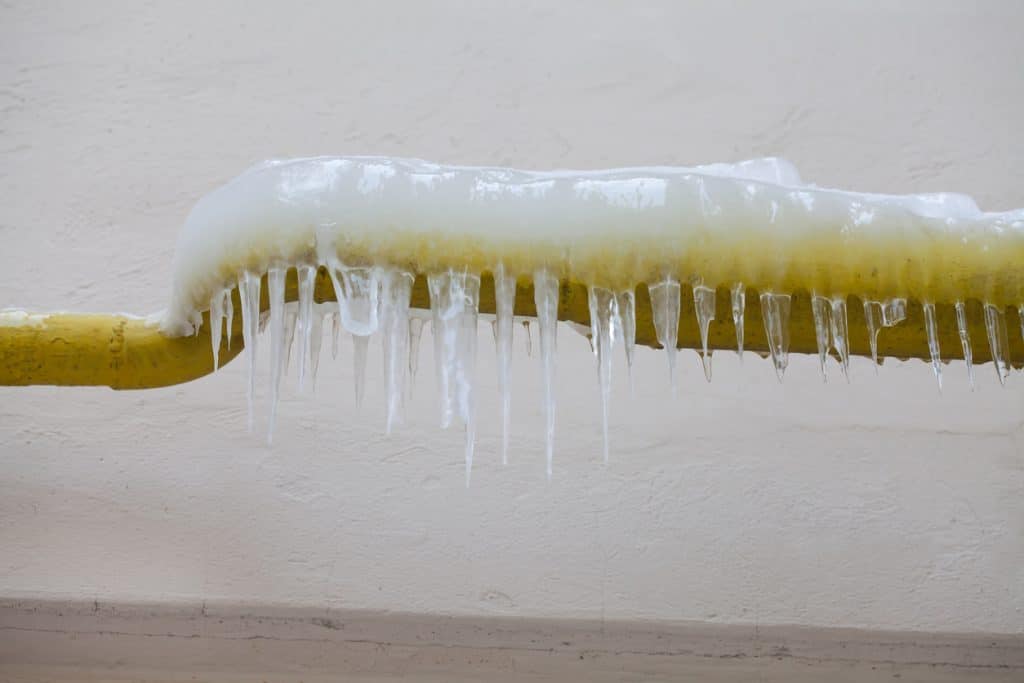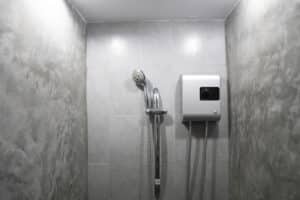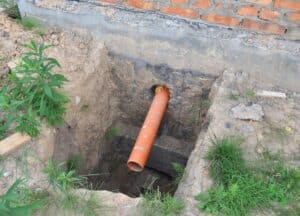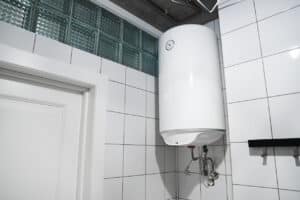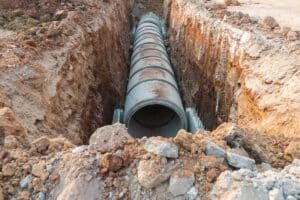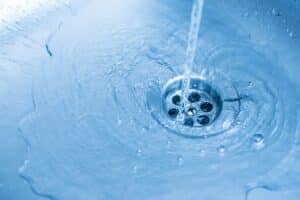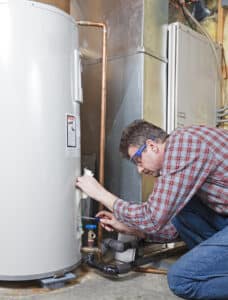Winter brings cold temperatures, periodic storms, and the risk of burst pipes. When temperatures fall below freezing, the water in your pipes can easily freeze. Nobody likes to wake up after a cold night to find damaged plumbing and costly water damage! We can assist you with protecting your house throughout the season. Explore these professional tips to learn how to prepare your plumbing for winter.
1. Disconnect the Outside Hose
When temperatures drop below freezing, your outside hose frequently suffers first. Disconnecting and storing your exterior hoses is among the most crucial recommendations for preventing your pipes from freezing. Make a point of finishing this chore well in advance so that your outside hose is stored safely before the first cold front comes. During cold temperatures, finding and turning off the cutoff valves for outside faucets is also a good idea.
2. Fix Any Leaks
Leaks in your plumbing are typically indications of weak points. Water in your piping will naturally expand in cooler temperatures. With significantly additional pressure, the pipe might explode in these more vulnerable locations.
This is not only a significant annoyance and a large mess, but it could also be rather costly to fix. Making an effort to have even little leaks repaired by an expert can save you a great deal of money, time, and headaches during the already difficult winter months.
3. Insulate Your Pipes
Frozen pipes are one of the major dangers that individuals encounter in their homes throughout the winter. You may improve your safety by insulating any uncovered water pipes in chilly locations in your home. Make a note of any exposed pipes in your house’s unheated spaces so that an expert can ensure that they are adequately insulated. To keep unprotected spots safe, it’s a good idea to inquire about insulating other parts of your house, such as the garage door.
4. Locate the Water Main
You’ll want to be ready in case your pipes do burst on you this winter, and the first step towards readiness is knowing where the water main is. If you are aware of the location of your water main in advance, you can swiftly turn off the water in a crisis to help limit damage while you wait for a repair.
It may also be a smart idea to turn off the water main in the winter if you know you’ll be gone for a while. This will reduce the chance that pipes may burst while you’re gone.
5. Leave Faucets Dripping
Dripping faucets are a tried-and-true method of preventing damaged pipes. When the temperature drops below freezing, leave your faucets dripping at a gentle but continuous trickle. The constant water flow helps to maintain safe water pressure and prevents ice formation inside the pipes. Dripping faucets waste some water, but not nearly as much as a damaged pipe would.
Pipes play a key role in carrying water to your house, so it’s critical to take all necessary safeguards to keep them working efficiently during the winter season. Contact Advanced Plumbing & Leak Detection to protect your Ventura, CA home this winter season and learn more about our winterization services.


